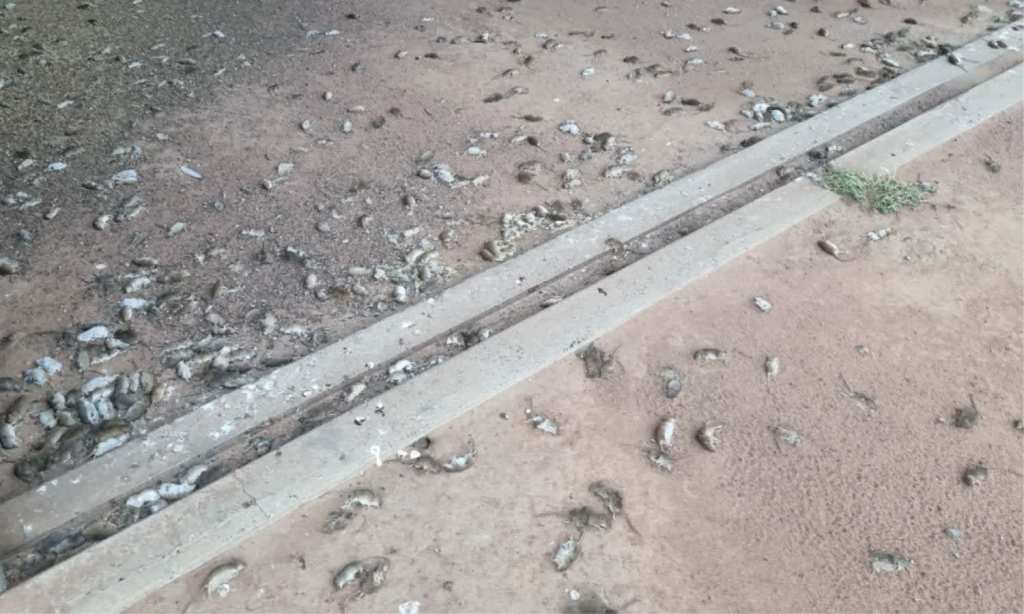If you live in metropolitan Australia and don’t really follow regional news, you may not be aware of the horrific mouse plague that’s taking over regional NSW right now.
We’re talking millions of rodents that have chewed through honestly, everything at this point — causing an estimated $100 million in damages. In fact, this is the worst mouse plague Australia has had in recent years (the last major one was in 2010-2011).
As you can imagine, it’s had a devastating effect on the mental health of those living in the areas — so severe, it’s likened to those who live through natural disasters.
Although the NSW Government has introduced a $50 million mouse plague support package and have managed to acquire bromadiolone, said by one expert to be equivalent to “napalming” mice, it’s now predicted that the mice will get to metropolitan areas, including Sydney, by August of this year.
This comes shortly after PETA asked farmers not to kill the rodents that are decimating their livelihood. However, after swish backlash from several publications, government figures and experts, they said their comments were misconstrued, and that they wanted humane action taking much sooner — “before the situation escalated to what it is now,” according to a spokesperson for the organisation, who spoke to Yahoo! News.
The Daily Telegraph has reported sightings in Sydney’s western suburbs and that the rodents are hitchhiking via trucks and food pallets. According to the interactive Mouse Alert map, mice have recently been spotted in Erskine Park and Bonnyrigg.
Quoted in the publication, ABC Pest Control’s Bree Daniels said the colder months would “produce a spike” in mice seeking shelter and warmth. So Sydney residents who have never had trouble before from mice? They could be facing a “home invasion” from the pests.
Dr Peter Brown, CSIRO principal research specialist, said authorities were monitoring around 30 sites right now and that the rodents are a problem right across the state. Basing it on previous events, Brown said mouse numbers crash “sometime during May, June or July.” However, he did note that sometimes these plagues can run over two years.
Premier Gladys Berejiklian has said she’s hopeful the cooler months will slow the spread, if not prevent it entirely.
Read more stories from The Latch and subscribe to our email newsletter.







